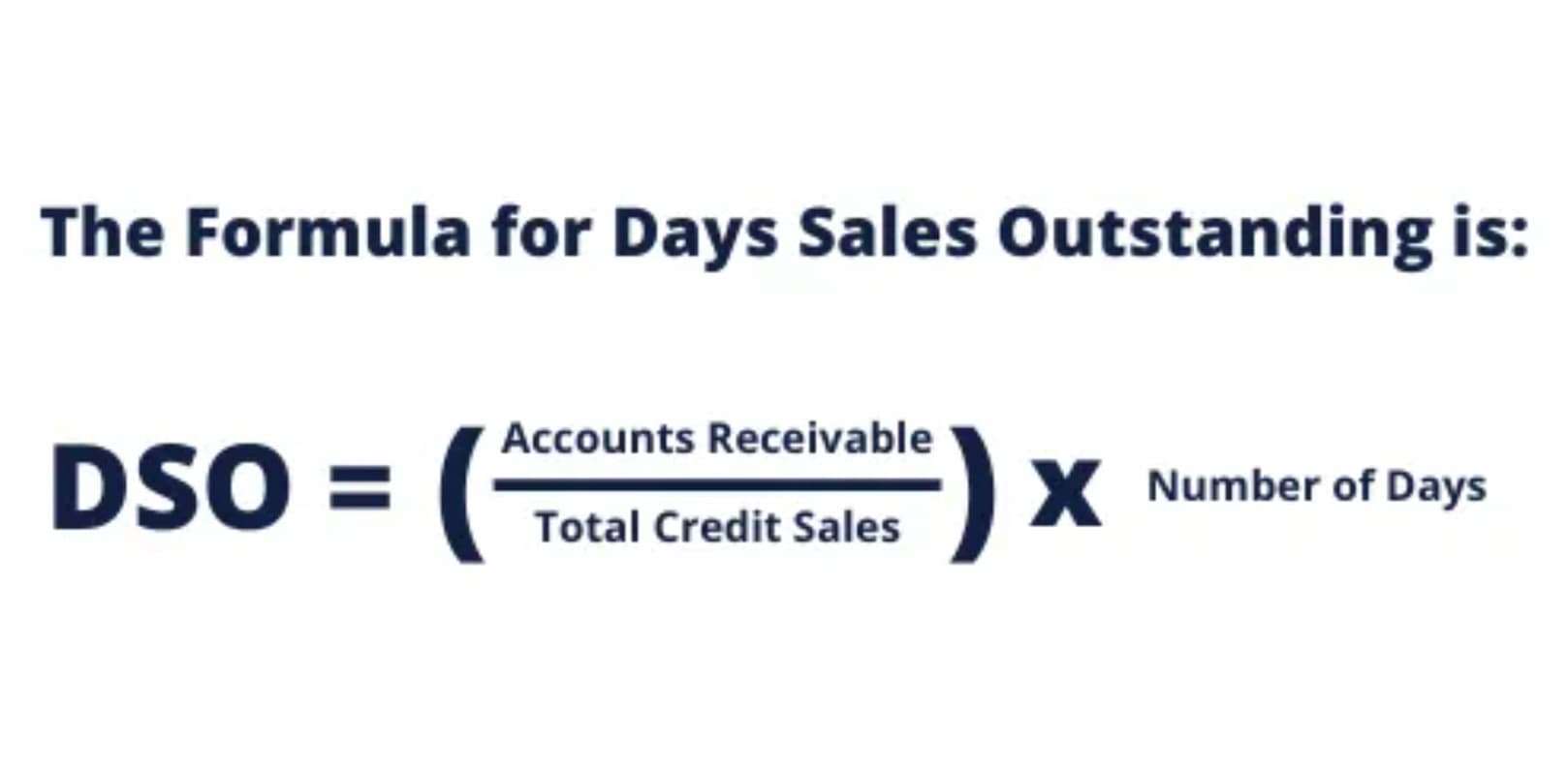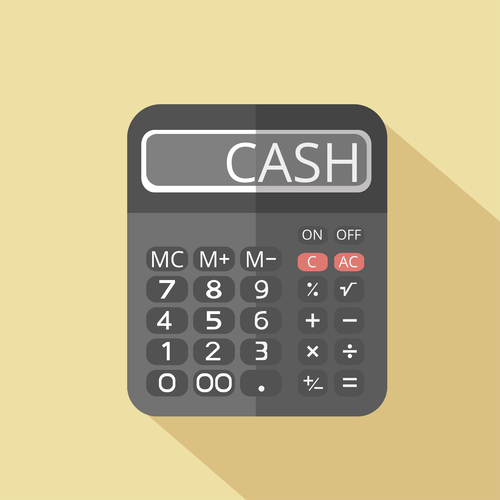Content
- Financial Accounting Outsourcing: In-House Vs Outsourced Accounting
- Tally vs Quickbooks. Which accounting software is best for your business?
- Optional Technologies for Data Storage
- Upcoming Software Skills Training
- Benefits of cloud accounting software for business
- Instant Access To Key Financial Data

Cloud accounting also improves integration between different systems that you are relying on for a smooth working process. For example, some cloud accounting providers integrate with payroll software so that employers can easily manage employee wages and taxes.
- That includes records of income and expenses, and assets and liabilities.
- When many different people have to have access to the same ledger, errors easily creep in when saving different versions, for example.
- If you don’t have an accounting background, the financial aspects of association management can seem daunting at times.
- With numerous benefits, cloud accounting software not only helps with costs but improves productivity, too – no wonder it has become a necessity for businesses across the globe.
- If you don’t know what this means, then I’m sure you don’t have these controls at your office.
- In other words, even if someone gains access to your clients’ HOA financial data, they can’t do anything with it because they don’t have the encryption key.
Accounting tends to concentrate on the financial activities of the current business. With the help of accountants and accounting, business owners gains – cash flow management, budget preparation, expense control, future revenue forecasting, and more. So, business owners can make the right move with the right business decision at the right time. Cloud accounting software eliminates the constant need to buy a newer version of accounting software. There is no need for a professional accountant and IT support staff, therefore the cost of hiring these professionals is removed.
Financial Accounting Outsourcing: In-House Vs Outsourced Accounting
Cloud computing offers Application Programming Interfaces to the users for access services on the cloud and pays the charges as per the usage of service. Team members can collaborate more readily because all financial data is maintained online in a single database. There’s no need to keep track of numerous copies of the same file or copy data onto thumb drives to share with others.

With cloud accounting technology, the need to set up and install software on individual desktops is no longer necessary. Anyone with the required credentials can use their own devices to access the cloud. This is especially useful now because also allows cloud accounting remote or out-of-office teams to use the same software to gain access to the same data and make changes in real-time. The practice of storing and processing data on physical servers or paper is no longer efficient enough for the finance world.
Tally vs Quickbooks. Which accounting software is best for your business?
It provides enterprise-class software features without conventional infrastructure, maintenance costs, and unpredictable support. If you aren’t on the cloud, you’re at risk of losing all the information you had saved locally. Web portals for resident transactions then allow you to make deposits online, pay invoices, and communicate digitally with residents and vendors about the status of a transaction. In addition, being able to access the same information in real-time ensures that team members are aligned, and that quality of data overall can be improved.

With cloud accounting software this data is already stored safely on a cloud. Once you’re finished choosing the right software, training your employees, etc. you then have to implement your new cloud accounting system across the organization. Start by conducting small-scale test runs using a small team working on two or three processes that consume a lot of paper. Once these test runs show fruitful results you can then move on to implementing the new systems across the organization. Having your data stored on a paperless accounting system means that there are no copies or limited physical books that can only be accessed by individual people at a time. When your data is stored on a cloud that means that that data can be accessed by any number of people at any given time from anywhere. Only by entering login credentials, all these people will be able to see the same data on the same software at the same time and collaborate on the data if necessary.
